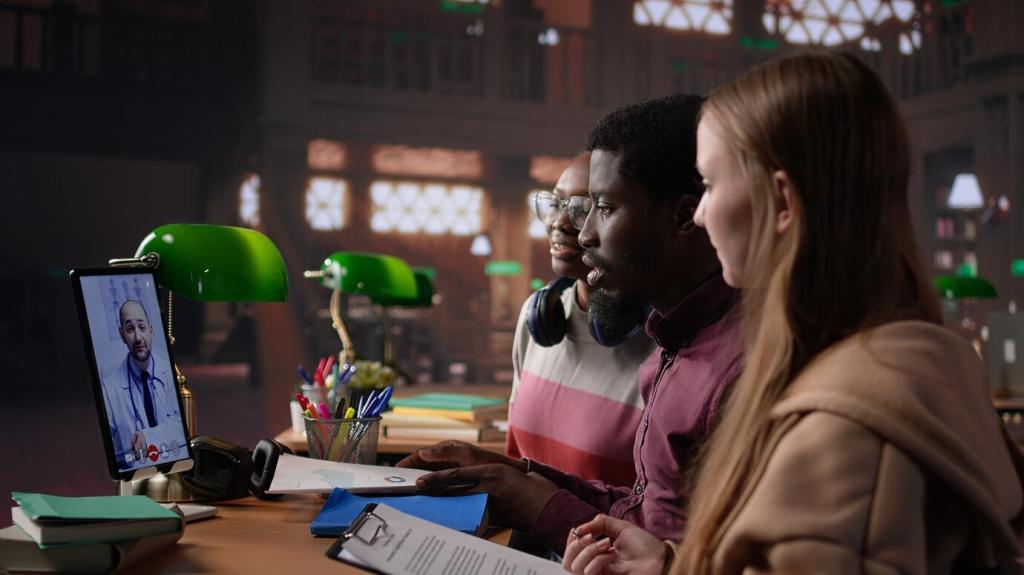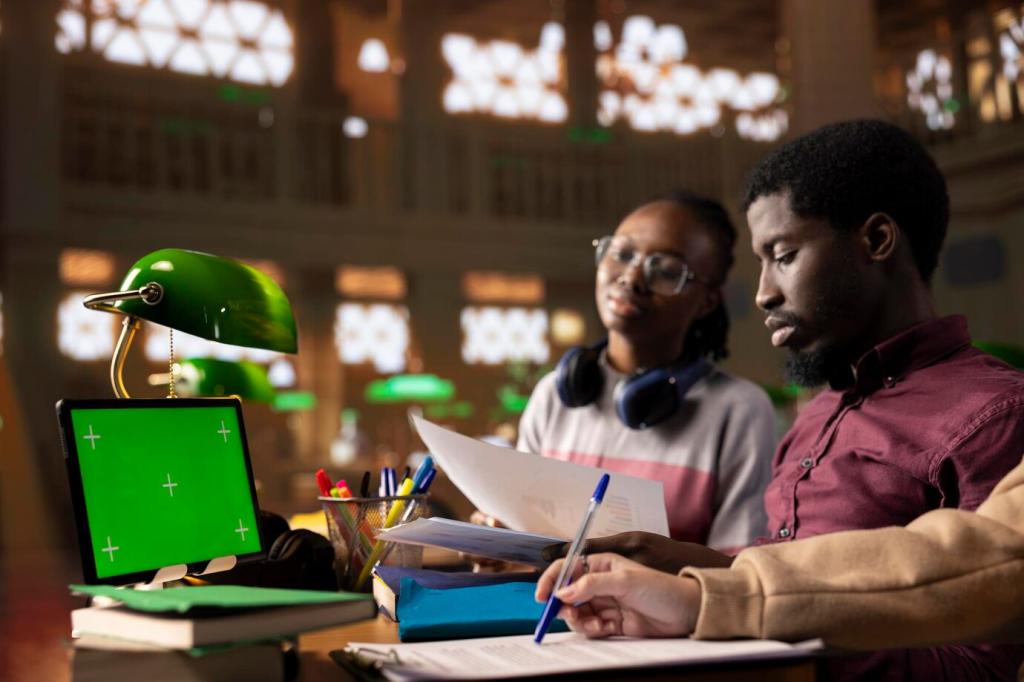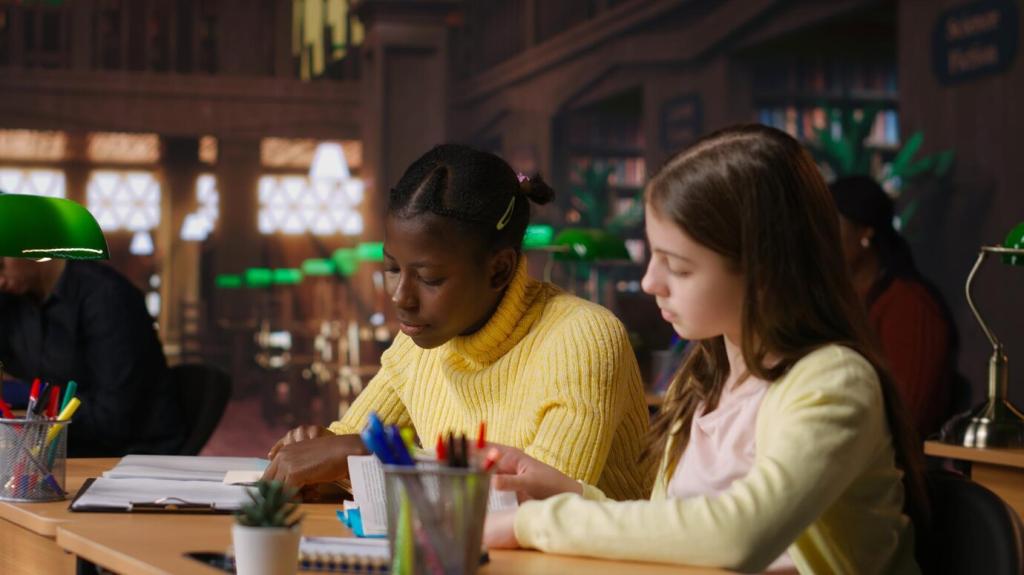Kind Communication and Digital Citizenship
Practice friendly greetings, clear subject lines, and considerate tone. Sarcasm and humor can misfire without facial cues, so choose emojis thoughtfully. Use the THINK test: is it true, helpful, inspiring, necessary, kind? Share a model comment your child created today.
Kind Communication and Digital Citizenship
Teach kids to save evidence, block, and report. Emphasize staying connected with supportive adults and friends. Role-play responses and bystander actions that uplift targets. Create a family plan for tough moments, then comment with one phrase your child found empowering.





